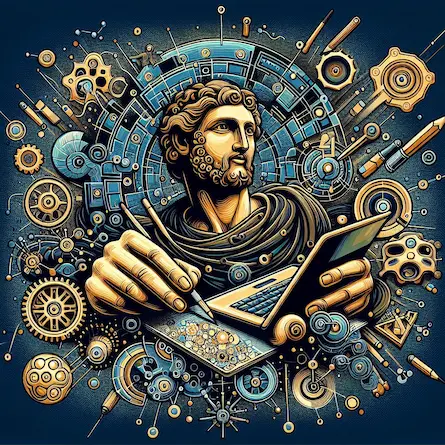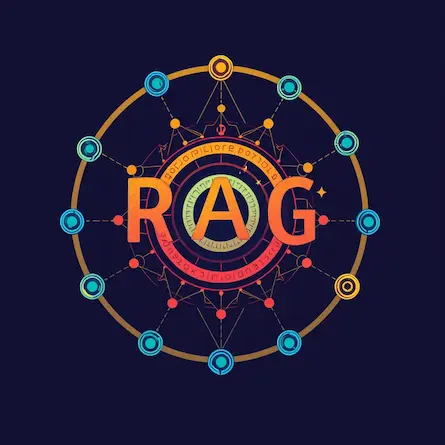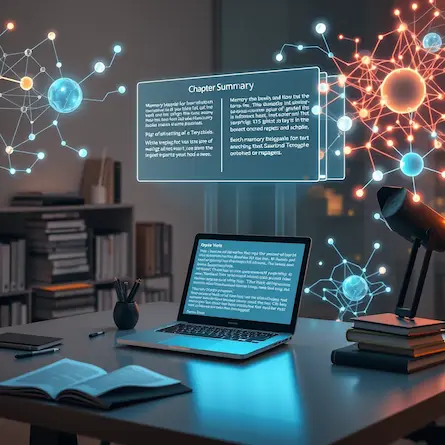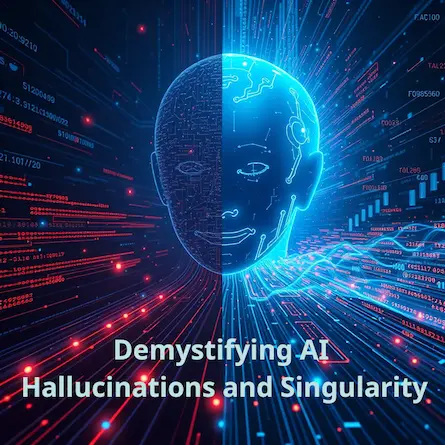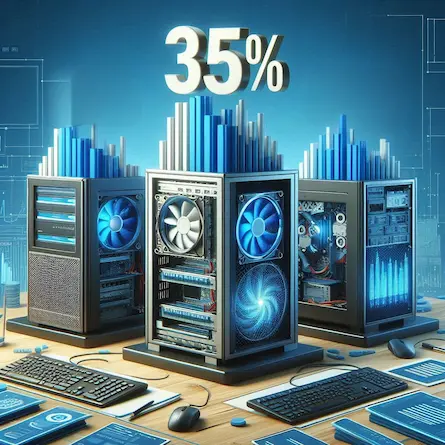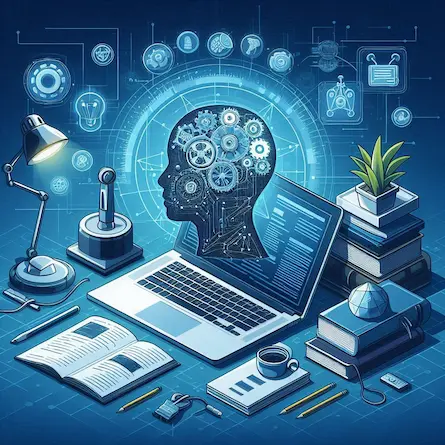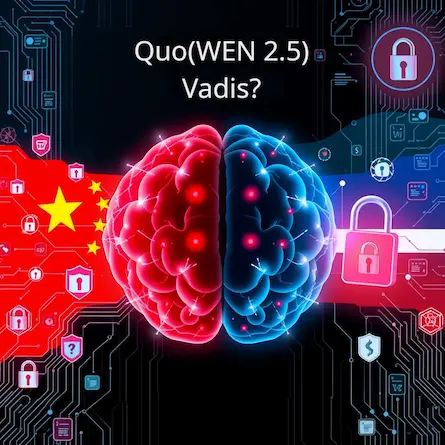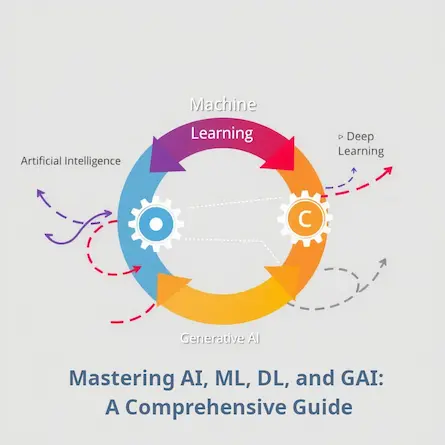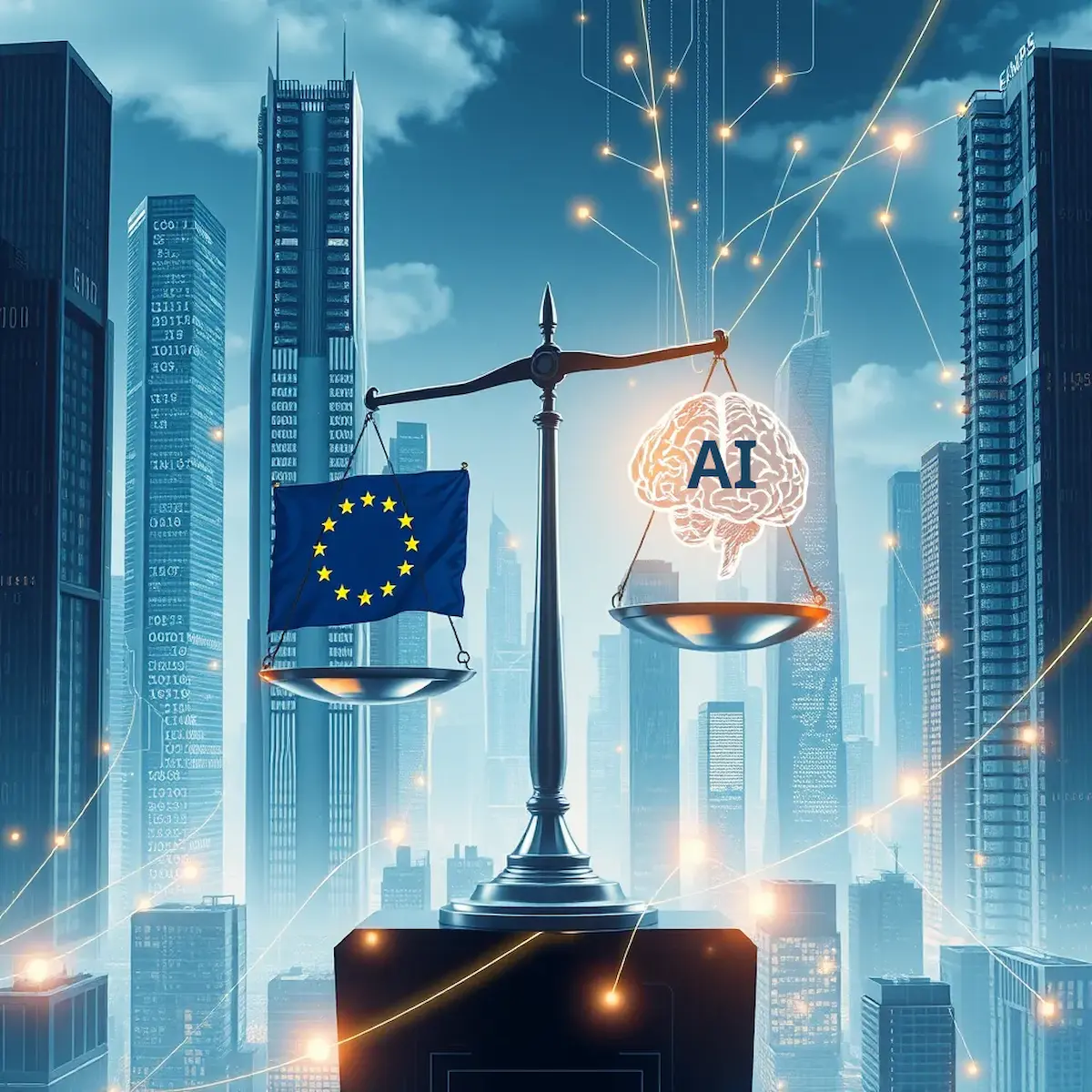
The Development of AI Requires Clear Regulations: Implications and Debates
- Ctrl Man
- Technology , AI Ethics
- 30 Sep, 2024
The Development of AI Requires Clear Regulations: Implications and Debates
Introduction
In an era where artificial intelligence (AI) is rapidly transforming our world, the need for clear regulations has never been more pressing. A recent interview with Joelle Pineau, vice president of AI research at Meta, highlights critical issues surrounding AI development, particularly in the European context. This article explores the key points raised by Pineau and delves into the complex interplay between innovation, regulation, and ethical considerations in the AI landscape.
1. Training Models on European Data
The importance of training AI models on local data cannot be overstated. European datasets often reflect unique cultural nuances, social norms, and contextual factors that are essential for creating AI systems that are not only effective but also culturally sensitive. By ensuring that these models are trained locally, we can enhance their performance in various applications such as healthcare, finance, and social services.
2. Concerns About Potential Misuse
The rise of powerful AI technologies has brought to light several ethical concerns. There is a growing fear that these tools could be misused, leading to unintended consequences. For instance, the potential for bias in decision-making algorithms or the risk of cyberattacks on critical infrastructure. Ethical guidelines are necessary to mitigate these risks and ensure that AI is developed with the public good in mind.
3. Balancing Innovation with Responsibility
One of the most challenging aspects of developing AI is finding the right balance between fostering innovation and ensuring responsible development. While there is a natural inclination towards pushing boundaries and exploring new frontiers, it’s crucial to recognize that unchecked progress can lead to unforeseen problems. Regulations play a vital role in guiding the ethical use of these technologies.
4. Open-Source Initiatives
The open-source movement has been instrumental in advancing AI research by fostering collaboration and sharing knowledge across borders. Platforms like GitHub host numerous projects that contribute to the development of AI models, libraries, and tools. However, this openness also raises questions about intellectual property rights and competitive advantage.
5. Data Sovereignty
As we push for AI models trained on European data, important questions arise regarding data sovereignty. Ensuring that sensitive information remains within borders is a legitimate concern, especially in the age of global cybersecurity threats. However, creating digital borders could fragment the global AI landscape, potentially limiting the diversity and richness of AI systems.
Polemical Section: Regulation vs. Innovation
While regulations are crucial, we must question whether they might stifle innovation. Could overly stringent rules inadvertently push AI development underground or offshore? Moreover, how do we ensure global cooperation in AI governance when different regions may have conflicting interests and values?
Another contentious point is data sovereignty. As we push for AI models trained on European data, are we potentially creating digital borders that could fragment the global AI landscape? This protectionist approach might safeguard European interests but could also limit the diversity and richness of AI systems.
Lastly, the call for open-source AI raises questions about intellectual property and competitive advantage. How do we balance the benefits of collaborative development with the need for companies to protect their investments and innovations?
Conclusion
The development of AI is a complex endeavor that requires careful consideration of both technical and ethical aspects. Clear regulations are essential to ensure responsible use, but they must be balanced against the need for innovation and collaboration. As we navigate this landscape, it’s crucial to engage in ongoing dialogue about what constitutes responsible AI development and how we can work together to create a safer and more equitable future.


